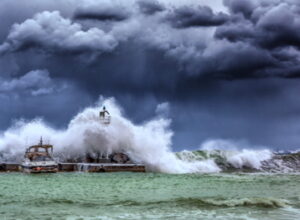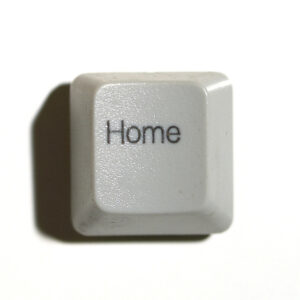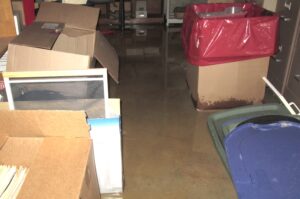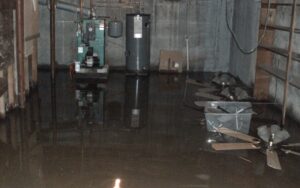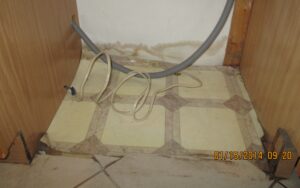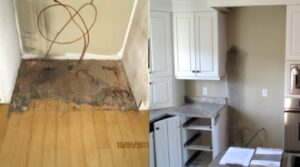Hurricanes are a risk that all southern and eastern coastal communities are in danger of. The storms can form and can strengthen rapidly leaving little time for proper preparation. This list details things you can do within a week to help get your family and your home ready for the impact.
INSURANCE:
- Pull out your insurance documents. Make note of your coverage limits and your deductibles. Consider how much you’d need to cover the cost to replace your home’s structure, your personal belongings and your automobile. Call your agent(s) to confirm that you understand everything correctly.
- Make a video inventory of your entire house including inside drawers, closets, etc. For higher priced and valuable items make sure to get the make/model, serial number and any other information that would be required to prove the value. Upload the video(s) to the cloud.
Extra Tip: Anyone with a child renting their own place should make sure that they have an active renter’s insurance policy and that they follow these same steps.
EVACUATION:
- Much like an emergency kit but not in place of, pack everyone in your household a bag or suitcase with everything they would need for 2-3 days such as outfits, chargers, weather gear, etc. Critical medicine, food and water should be in every bag in case one gets lost. Don’t forget to pack one for your animals!
- Make sure everyone has a phone list of emergency contacts (at least each other, a local contact and a contact that is out of the area). These should be programmed into phones and a printed copy should be in every bag with instructions on where to go if you get split up. You should have a safe place planned locally and another safe place to meet should you have to evacuate.
Extra Tip: When cell service is bad a text message may go through when a phone call won’t. Plan basic, short text messages to be shared among your emergency contacts such as “Safe. At Mimi’s”.
PROPERTY:
- Take any movable items outside your home and move them inside. For items that are too heavy or large to move in, use cables or chains to secure them down so they can’t be blown around.
- Consider purchasing a heavy-duty gasoline container to be filled and stored it in a cool, well-ventilated area. You don’t want to wait for an evacuation order to start running vehicles and gas cans to the station. Not only could the station run out of fuel before you get there, waiting would take precious time from other preparations and delay your departure.
- Prepare to board up. Measure all window and glass door openings (include the framing). Purchase plywood pieces and pre-cut them to fit your measurements. Some lumber stores such as Home Depot and Lowe’s may even have a panel saw and can cut them for you. Grab a box of screws and a drill if you don’t have one.
Extra Tip: Consider purchasing a generator. If you do purchase one, first test all your carbon monoxide detectors, then pick a safe place that you’ll be able to run it. The running place should be outside in a well ventilated are (no garages or basements!), that is dry and where you can quickly connect to it. Watch this video by Lowe’s for some other important generator tips: https://www.youtube.com/watch?v=eaLamTvTQc0
Questions? Concerns? Recommendations? Give us a call or send us an e-mail. We’re happy to help!
